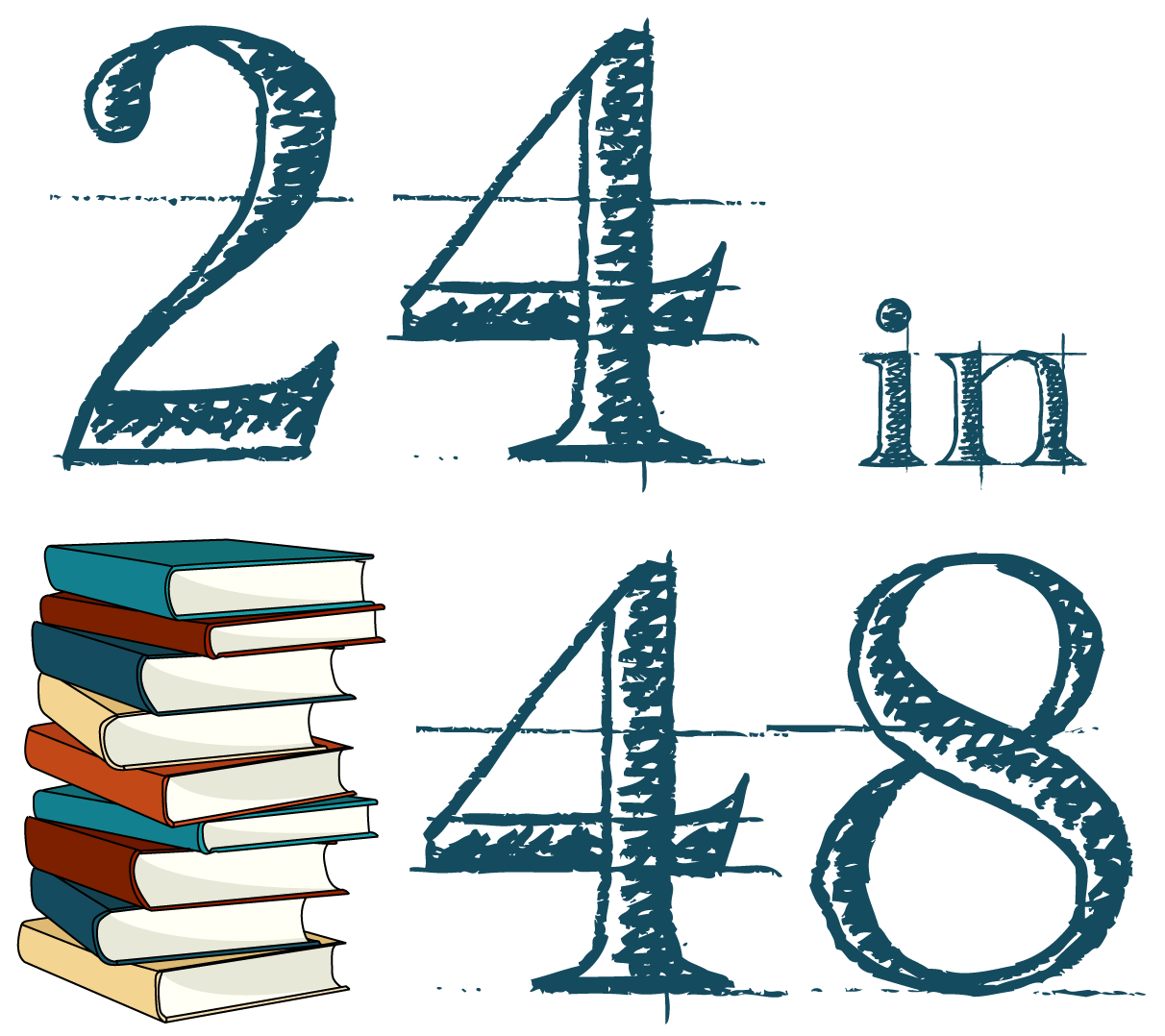 Author in Chief: The Untold Story of Our Presidents and the Books They Wrote by Craig Fehrman
Author in Chief: The Untold Story of Our Presidents and the Books They Wrote by Craig FehrmanMy rating: 5 of 5 stars
It has become a self-perpetuating tradition of Washington politics for politicians seeking office or leaving office to write a book about themselves, their experiences, and their values. A lot of this has been garbage and some has been good, but very few have been exceptional. This is perhaps most visible in that most perennial and expected of political books, the presidential campaign book or autobiography. But no book is ever written in a complete vacuum and the presidential book is no exception. In this wonderful book, Mr. Fehrman not only gives us the inside details of how and why president wrote their books, it also shows how presidents were affected by the literature they read and how they in turn affected American literature with their books. Thus, it is not just a history of presidential books, it is a great thumbnail sketch of American literature and publishing.
Starting with Thomas Jefferson’s Notes from the State of Virginia, Mr. Fehrman takes us through the development of other presidents’ books, from John Adams’ unpublished legacy book to Lincoln’s collection of debate speeches, to Calvin Coolidge’s incredibly personal autobiography. He even extends his survey to the modern era and ending with Barack Obama’s Dreams From My Father, though Donald Trump does get a brief mention. It is incredible to see the different approaches each president took to writing their books. It’s also interesting to see how as both the presidency and American publishing grew, so too did a president’s need for assistance in writing their books. By the modern era, few presidents were writing their books themselves, if at all, and ghostwriting has become almost a necessity. There are some exceptions such as Reagan’s Where’s the Rest of Me? And Obama’s Dreams, but most presidential books are no longer written solely by presidents. It is a fascinating look at how presidential writing and books have dramatically changed since the founding.
What is also great about this book is how Mr. Fehrman paints a picture for us by also explaining the state of American literature and publishing throughout our history. American literature and publishing did not exist at the time Jefferson and Adams were writing their books and Americans who could read were dependent on cheap knockoffs from Britain. Having more than a family Bible in a house was expensive and difficult to come by for many Americans in the early years of the nation too. Thus, not only did the state of literature and publishing affect how our presidents wrote and published, but also how presidents’ books affected American literature and publishing. For example, Jefferson’s Notes had to be published in France first, but it also helped put America on the political and literary map. It also had both positive and negative effects on Jefferson’s future political ambitions as both sides used quotes from the book to either support or oppose Jefferson’s candidacy in 1796 and 1800. And, of course, Grant’s Memoirs not only set the gold standard for presidential memoirs, but also set the stage for the blockbuster books of future presidents.
Not only does Mr. Fehrman offer a great and even intimate history of presidential books, he also offers some literary criticism of those books as well. This is perhaps the weakest part of the book, especially as he gets closer to the present. As political books becomes more ubiquitous, it seems as though Mr. Fehrman gets more and more critical. By the epilogue, Mr. Fehrman is calling most of the political books out there garbage and offering advice for how presidents could write better books that appeal to both history and to average readers. Now, to be fair to Mr. Fehrman, not every politician’s book is great and some are even downright terrible (do I really have to read Josh Bolton’s terribly titled The Room Where It Happened to know that it is not a great book?), but I couldn’t help but wonder who is at fault for this. Are politicians at fault, or is it the complicated demands of the job we are asking them to do today, or could it just be American literature has become so mass produced and mass marketed that publishing houses will print anything and average readers will pick up anything and neither will are able to separate the wheat from the chaff? Mr. Fehrman seems to think that it is politicians’ faults, but I think the real answer is a bit more complicated than that.
Despite Mr. Fehrman’s criticisms of modern political books, it does not take away from the overall joy of this work. Every page is engaging and fascinating, offering a little something for everyone. I highly recommend this to anyone interested in presidential history or the history of American literature and publishing.
View all my reviews










